Hospice Program
입력 2017.08.04 (14:05)
수정 2017.08.04 (14:21)
읽어주기 기능은 크롬기반의
브라우저에서만 사용하실 수 있습니다.
[Anchor Lead]
The act on life extension decisions went into effect today in Korea. The law was enacted to allow terminally ill patients to die with dignity. Palliative hospice care to ease suffering at end of life will be provided to more patients and the service will be expanded to include smaller hospitals and even people’s homes.
[Pkg]
Terminal cancer patients are gathered at the hospice ward. Instead of putting themselves through meaningless cancer treatments, they chose to receive palliative care to ease their sufferings and to die with dignity. But there are only 1,300 hospice beds available nationwide. And it's hard to be admitted to a hospice ward since most of them are set up at large general hospitals. The government has, therefore, newly established an advisory-type hospice program in which patients visit hospitals, instead of being admitted, to receive consultation. More at-home hospice programs will be provided as well in which medical service providers visit patients at home. The demand for home hospice care is on the rise as it costs only around 10,000 won to have a medical team come to one's own home.
[Soundbite] Prof. Lee Yong-joo (College of Medicine, The Catholic Univ. of Korea) : "Patients have to stay in hospital when they need prescriptions, but they can stay home if this problem is solved. So I think home hospice care is a good program."
Those eligible for hospice care used to be confined to terminal cancer patients, but now service recipients will be expanded to include patients of other diseases like AIDS, chronic obstructive pulmonary disease, and chronic liver cirrhosis. In the wake of the enforcement of the act on life-prolonging treatment decisions, starting next February, a patient, with doctor's consent, will actually be able to choose to stop life-extending treatments and die with dignity.
The act on life extension decisions went into effect today in Korea. The law was enacted to allow terminally ill patients to die with dignity. Palliative hospice care to ease suffering at end of life will be provided to more patients and the service will be expanded to include smaller hospitals and even people’s homes.
[Pkg]
Terminal cancer patients are gathered at the hospice ward. Instead of putting themselves through meaningless cancer treatments, they chose to receive palliative care to ease their sufferings and to die with dignity. But there are only 1,300 hospice beds available nationwide. And it's hard to be admitted to a hospice ward since most of them are set up at large general hospitals. The government has, therefore, newly established an advisory-type hospice program in which patients visit hospitals, instead of being admitted, to receive consultation. More at-home hospice programs will be provided as well in which medical service providers visit patients at home. The demand for home hospice care is on the rise as it costs only around 10,000 won to have a medical team come to one's own home.
[Soundbite] Prof. Lee Yong-joo (College of Medicine, The Catholic Univ. of Korea) : "Patients have to stay in hospital when they need prescriptions, but they can stay home if this problem is solved. So I think home hospice care is a good program."
Those eligible for hospice care used to be confined to terminal cancer patients, but now service recipients will be expanded to include patients of other diseases like AIDS, chronic obstructive pulmonary disease, and chronic liver cirrhosis. In the wake of the enforcement of the act on life-prolonging treatment decisions, starting next February, a patient, with doctor's consent, will actually be able to choose to stop life-extending treatments and die with dignity.
■ 제보하기
▷ 카카오톡 : 'KBS제보' 검색, 채널 추가
▷ 전화 : 02-781-1234, 4444
▷ 이메일 : kbs1234@kbs.co.kr
▷ 유튜브, 네이버, 카카오에서도 KBS뉴스를 구독해주세요!
- Hospice Program
-
- 입력 2017-08-04 13:59:47
- 수정2017-08-04 14:21:33
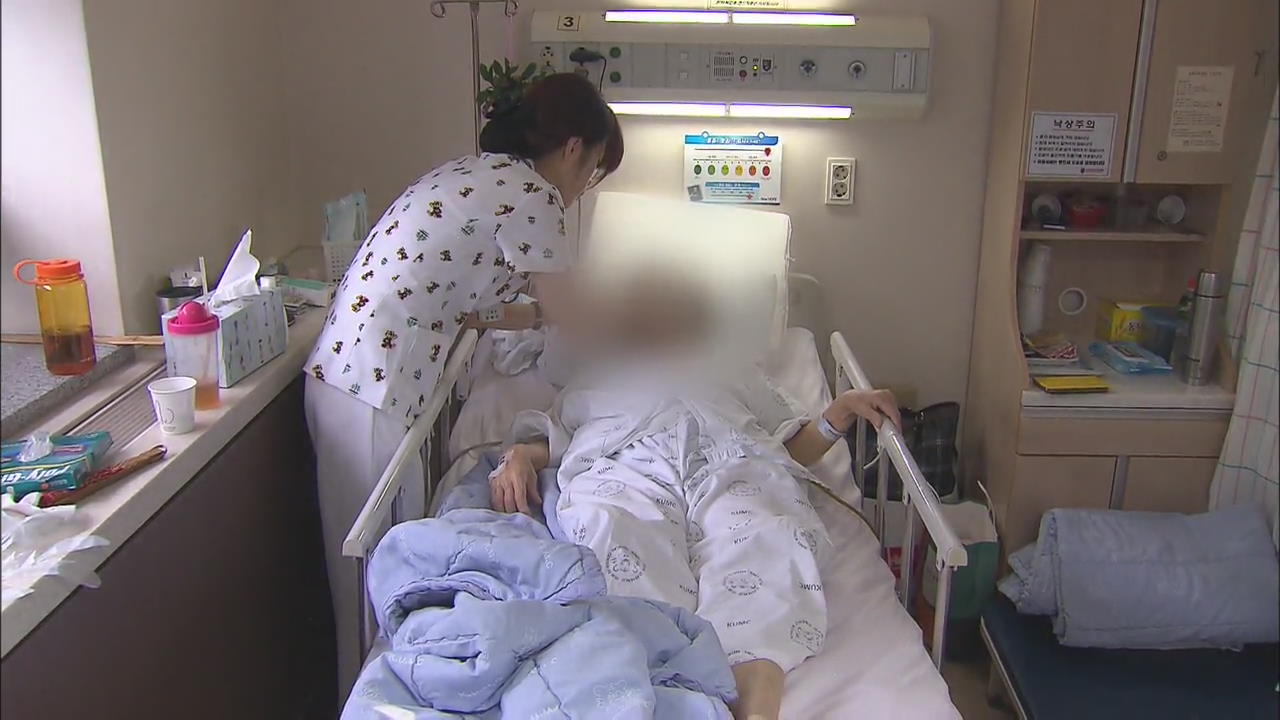
[Anchor Lead]
The act on life extension decisions went into effect today in Korea. The law was enacted to allow terminally ill patients to die with dignity. Palliative hospice care to ease suffering at end of life will be provided to more patients and the service will be expanded to include smaller hospitals and even people’s homes.
[Pkg]
Terminal cancer patients are gathered at the hospice ward. Instead of putting themselves through meaningless cancer treatments, they chose to receive palliative care to ease their sufferings and to die with dignity. But there are only 1,300 hospice beds available nationwide. And it's hard to be admitted to a hospice ward since most of them are set up at large general hospitals. The government has, therefore, newly established an advisory-type hospice program in which patients visit hospitals, instead of being admitted, to receive consultation. More at-home hospice programs will be provided as well in which medical service providers visit patients at home. The demand for home hospice care is on the rise as it costs only around 10,000 won to have a medical team come to one's own home.
[Soundbite] Prof. Lee Yong-joo (College of Medicine, The Catholic Univ. of Korea) : "Patients have to stay in hospital when they need prescriptions, but they can stay home if this problem is solved. So I think home hospice care is a good program."
Those eligible for hospice care used to be confined to terminal cancer patients, but now service recipients will be expanded to include patients of other diseases like AIDS, chronic obstructive pulmonary disease, and chronic liver cirrhosis. In the wake of the enforcement of the act on life-prolonging treatment decisions, starting next February, a patient, with doctor's consent, will actually be able to choose to stop life-extending treatments and die with dignity.
The act on life extension decisions went into effect today in Korea. The law was enacted to allow terminally ill patients to die with dignity. Palliative hospice care to ease suffering at end of life will be provided to more patients and the service will be expanded to include smaller hospitals and even people’s homes.
[Pkg]
Terminal cancer patients are gathered at the hospice ward. Instead of putting themselves through meaningless cancer treatments, they chose to receive palliative care to ease their sufferings and to die with dignity. But there are only 1,300 hospice beds available nationwide. And it's hard to be admitted to a hospice ward since most of them are set up at large general hospitals. The government has, therefore, newly established an advisory-type hospice program in which patients visit hospitals, instead of being admitted, to receive consultation. More at-home hospice programs will be provided as well in which medical service providers visit patients at home. The demand for home hospice care is on the rise as it costs only around 10,000 won to have a medical team come to one's own home.
[Soundbite] Prof. Lee Yong-joo (College of Medicine, The Catholic Univ. of Korea) : "Patients have to stay in hospital when they need prescriptions, but they can stay home if this problem is solved. So I think home hospice care is a good program."
Those eligible for hospice care used to be confined to terminal cancer patients, but now service recipients will be expanded to include patients of other diseases like AIDS, chronic obstructive pulmonary disease, and chronic liver cirrhosis. In the wake of the enforcement of the act on life-prolonging treatment decisions, starting next February, a patient, with doctor's consent, will actually be able to choose to stop life-extending treatments and die with dignity.
이 기사가 좋으셨다면
-
좋아요
0
-
응원해요
0
-
후속 원해요
0










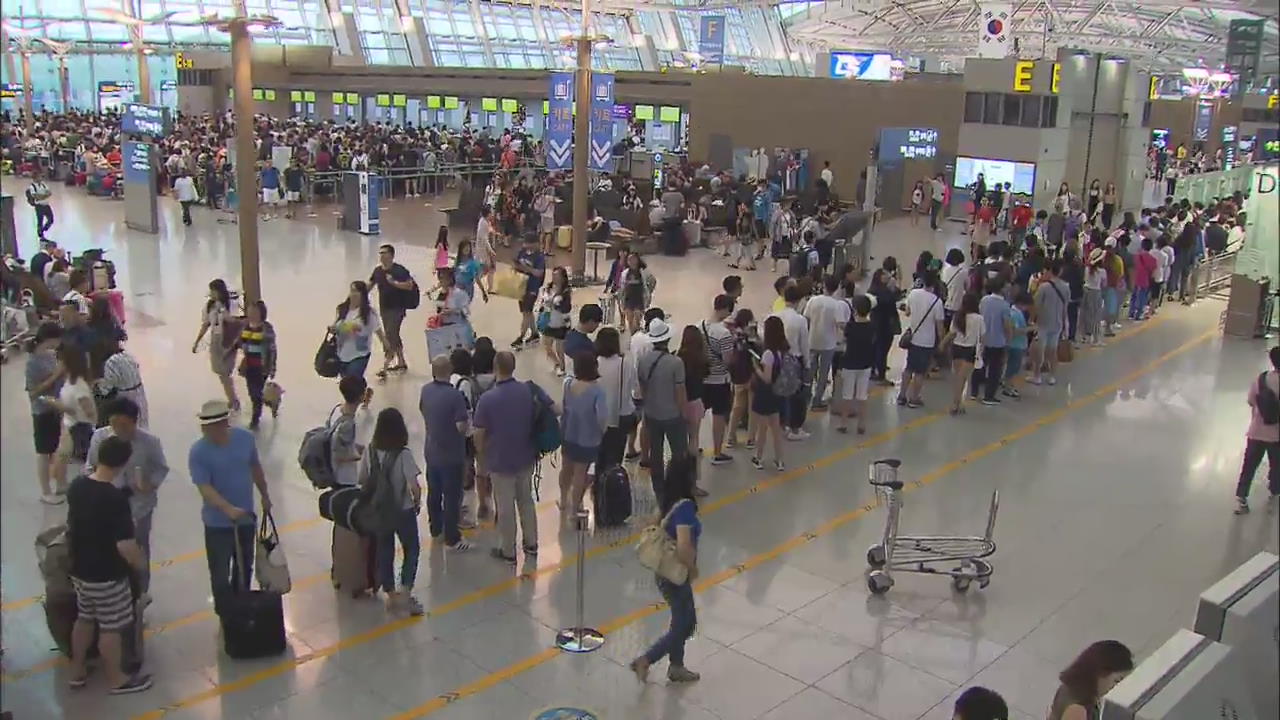
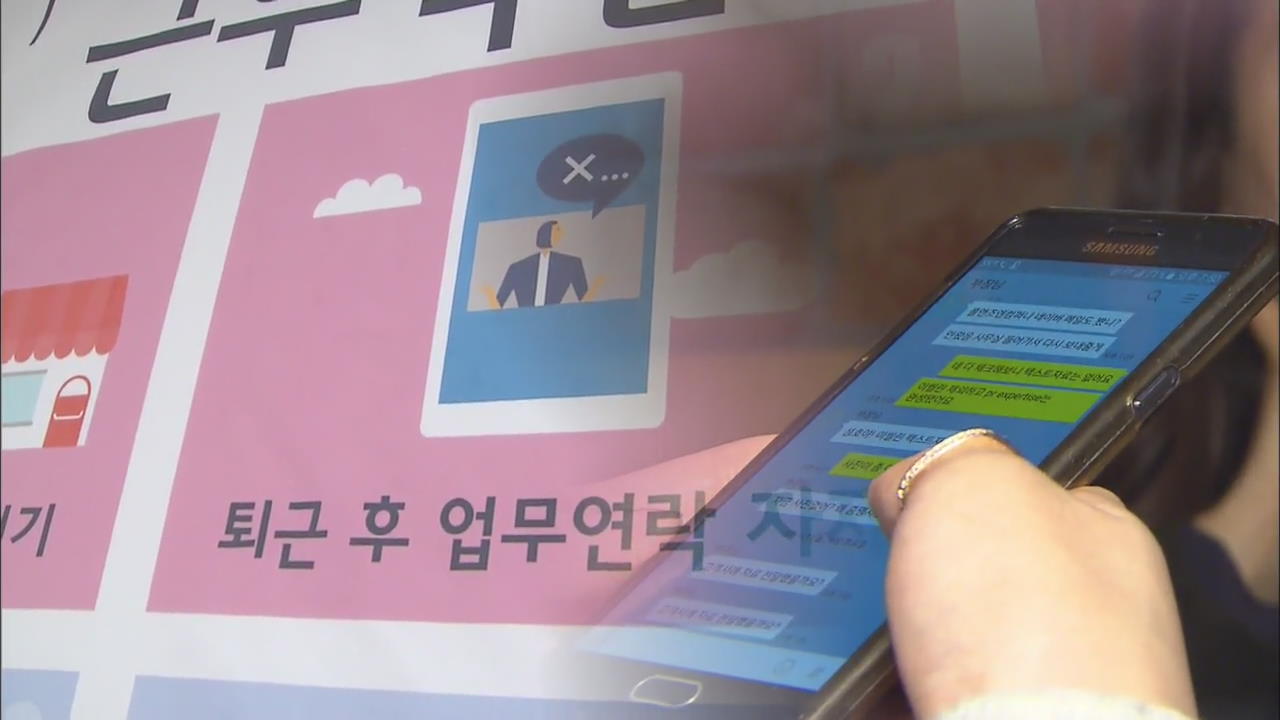

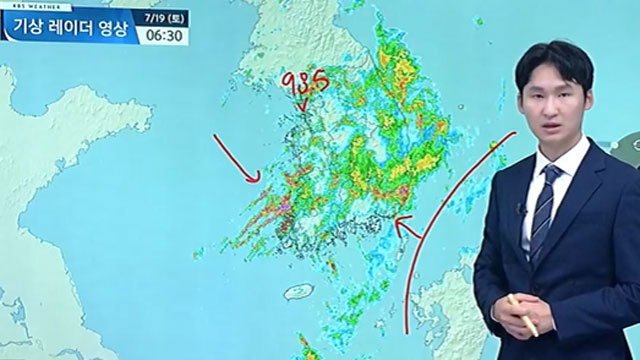

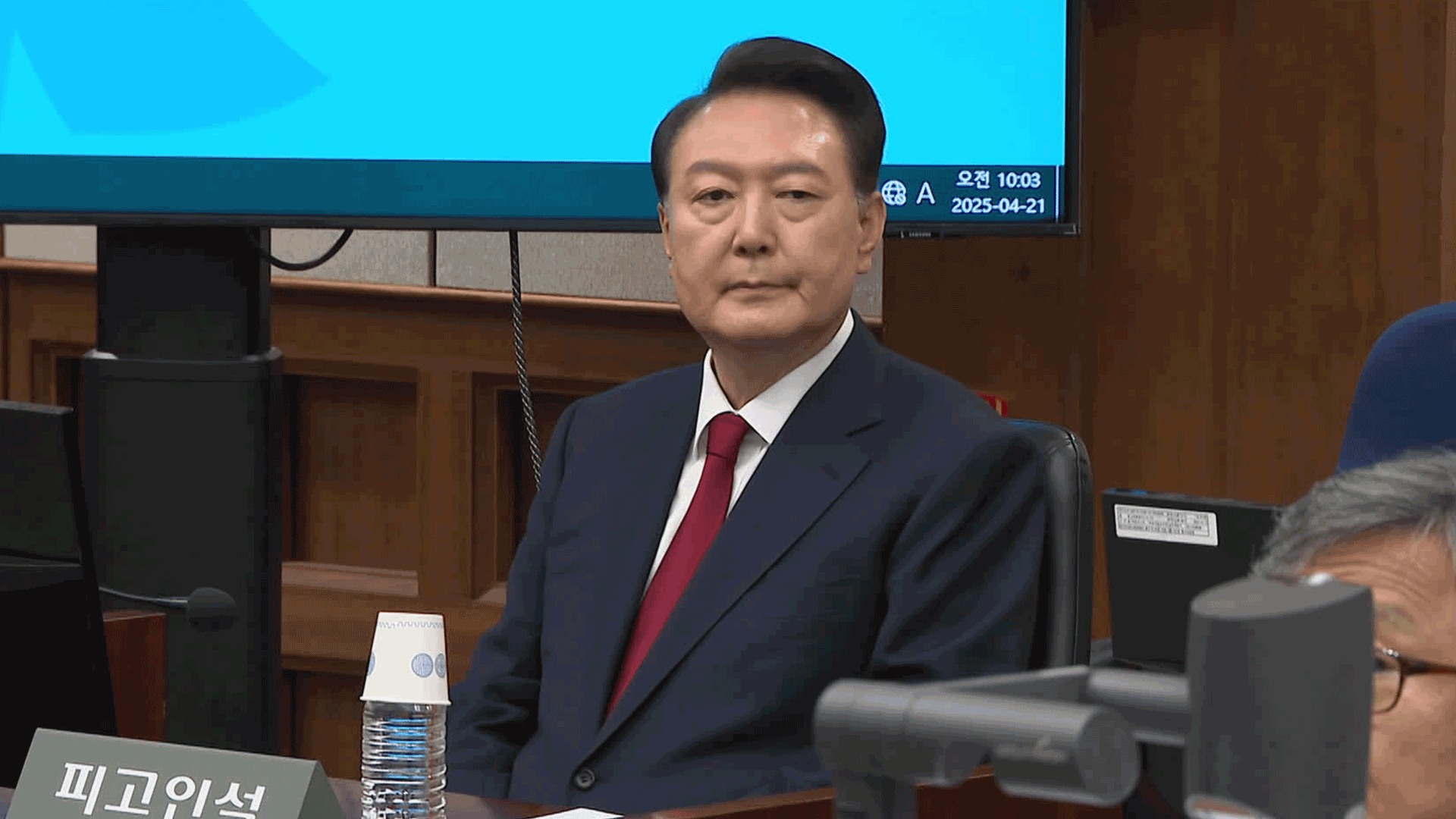

이 기사에 대한 의견을 남겨주세요.